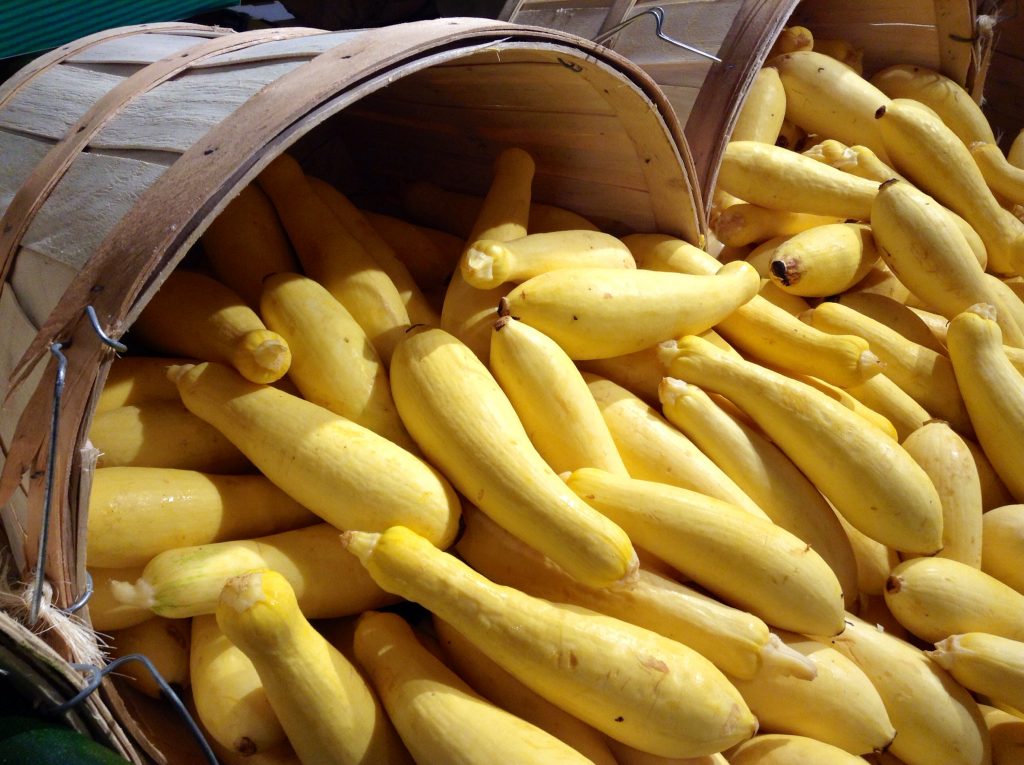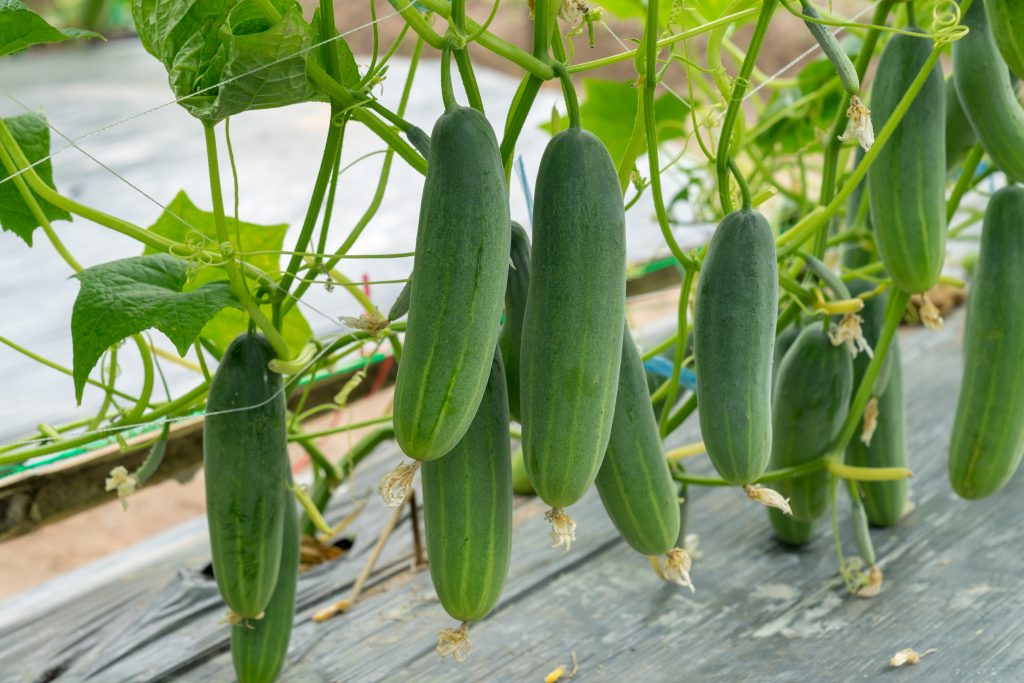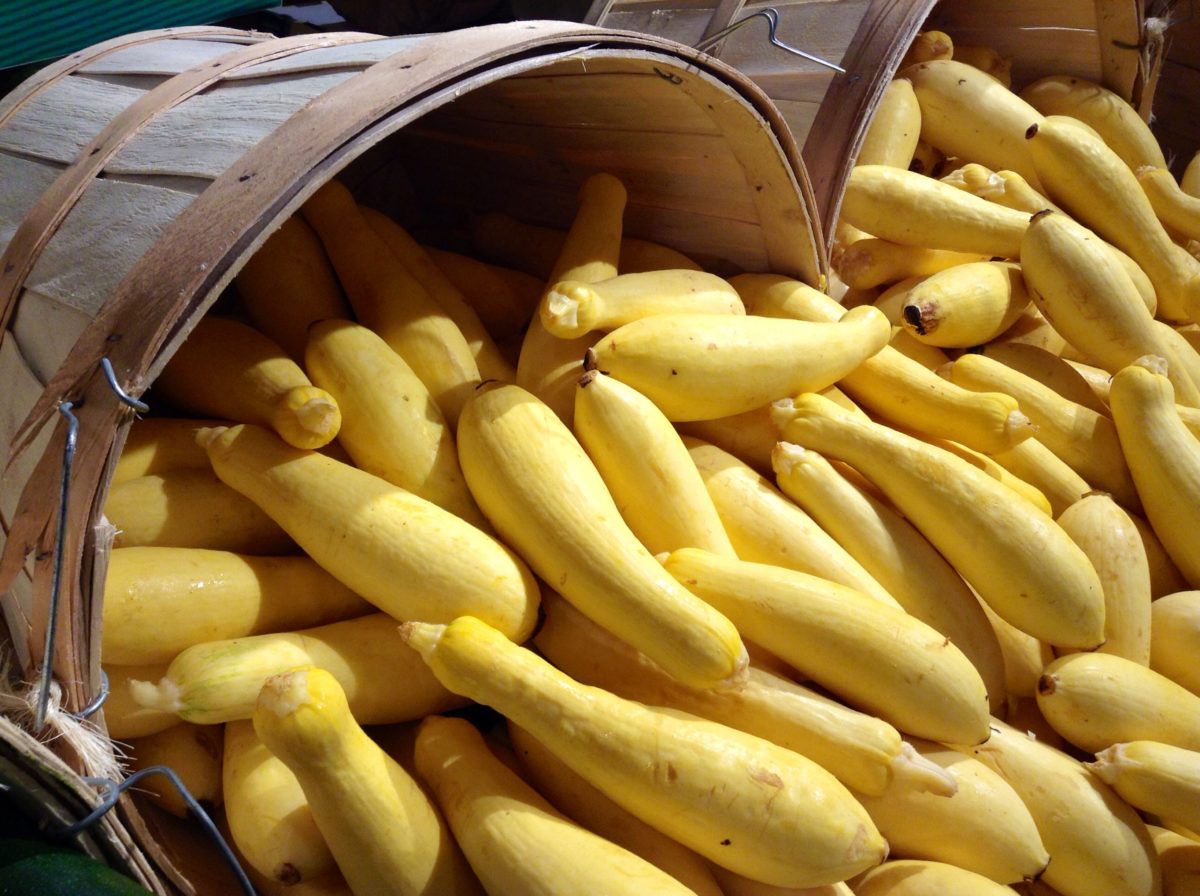By Clint Thompson

Every day the coronavirus lingers in the United States means more business that is not coming the way of Florida farmers, including Sam Accursio.
Restaurants remain closed. So many citizens are unemployed. Fruit and vegetables are not being consumed as much like they were.
Accursio produces pickle and cucumber, green beans and yellow and green squash on 4,400 acres in the Homestead, Florida area. Up until approximately 11 or 12 days ago, business was peaking. That’s not the case anymore, however.
“They just stopped buying. Monday, Tuesday and Wednesday of last week, we had orders on the books from the previous week, and we came into work Monday and they gave them all back to us. They didn’t take what they had ordered,” Accursio said. “It’s a very tough situation, and to top it all off, the cherry on top of the whipped cream, you look at the USDA Market Report; while I’m dumping squash down here in the field and stopping harvest, Mexico shipped 3 million pounds of squash per day across the border into Texas to ship into the United States. Why does our federal government allow this?”
It’s similar frustration to what Florida farmer Kim Jamerson voiced to VSC News as she recalled how she reached out to the office of U.S. Senator Marco Rubio (Fla.) and spoke to one of his aides about the government helping out its farmers by purchasing their crops and distributing the food to its citizens since many are unemployed. It would help the American farmer stay in business, while keeping its citizens fed.
To make matters worse for Accursio, he said this season has been a bumper crop due to the warm, summertime conditions Florida has experienced this year. Crops that are normally ready for harvest around April 15 are currently being picked. Accursio estimates that he has already picked 50% of April’s crop but is losing about 75%. It’s been like this for almost two weeks.

“I think what happened, everybody who was out of work ran out of money and the chain stores never lowered their price to help the situation out. Right here in Homestead, beans are selling for $3 per pound in Publix and the growers are only getting 30 cents,” Accursio said. “It’s pathetic that the chain stores won’t help the situation with the consumer, help the growers and things will get back to normal again. We’re in a real funk right now.”
Accursio said he likes to pick, pack and load his crops on trucks. He noted that consumers can buy squash and store in their refrigerator, and it’s still edible for 21 days. But he sees it from a different vantage point, in that if his crops have to be stored in coolers before being sold, he starts getting “nervous” at the four-day mark.
“When you take a squash that’s been in the cooler for a week, you take it out, load it on a tractor trailer, bounce it around to New Hampshire for two and a half days, take it out of the truck and put it on a grocery shelf. Being handled and bounced around, it just doesn’t last as long.”










